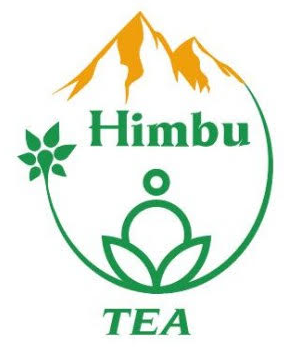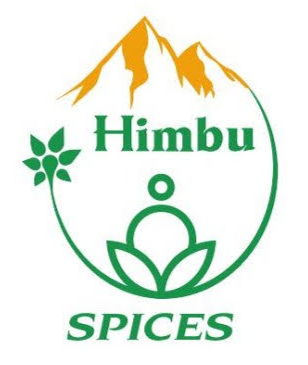ENVIRONMENT SUSTAINABILITY
Himbu Agro Company, exporting agricultural products from Nepal, has the potential to contribute to environmental sustainability in several ways, depending on their specific practices and the products they export. Here are some possibilities:
Promoting Sustainable Practices in Nepal:
- Sourcing from sustainable farms: Himbu Agro can prioritize sourcing products from Nepali farms that employ sustainable practices like:
- Soil conservation: Techniques like terracing, cover cropping, and crop rotation help prevent erosion and maintain soil health.
- Water management: Practices like drip irrigation and rainwater harvesting can conserve water, a precious resource in Nepal.
- Reduced chemical use: Minimizing reliance on synthetic pesticides and fertilizers reduces pollution and protects biodiversity.
- Organic farming: Encouraging organic production methods eliminates harmful chemicals and promotes healthy soil and ecosystems.
Supporting Biodiversity and Ecosystem Services:
- Exporting diverse products: By promoting a wider variety of Nepali agricultural products, Himbu Agro can encourage biodiversity in Nepali agriculture. This benefits ecosystems by providing habitat for pollinators, beneficial insects, and other wildlife.
- Protecting forests: Sustainable agriculture practices can help prevent deforestation, which is crucial for maintaining Nepal's rich biodiversity and ecosystem services like water regulation and carbon sequestration.
Reducing Food Miles and Carbon Footprint:
- Transportation efficiency: Optimizing logistics and transportation methods can minimize the carbon footprint associated with exporting Nepali products.
- Local processing: Encouraging local processing of agricultural products before export can further reduce transportation emissions and create jobs in Nepal.
Consumer Awareness and Education:
- Highlighting sustainability: Himbu Agro can educate consumers about the sustainable practices used in Nepali agriculture, raising awareness and potentially influencing buying decisions towards more sustainable products globally.
- Supporting certification: Encouraging Nepali farms to obtain sustainability certifications can provide independent verification of their practices and attract environmentally conscious consumers.




